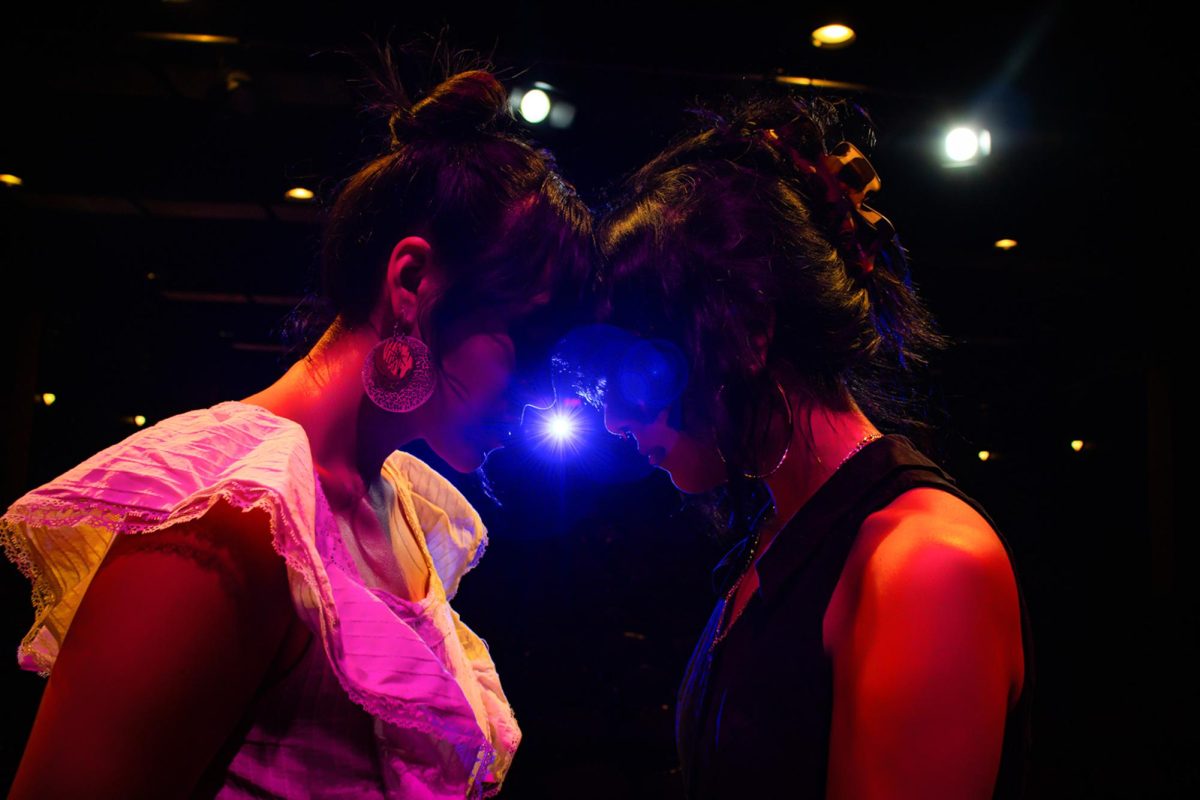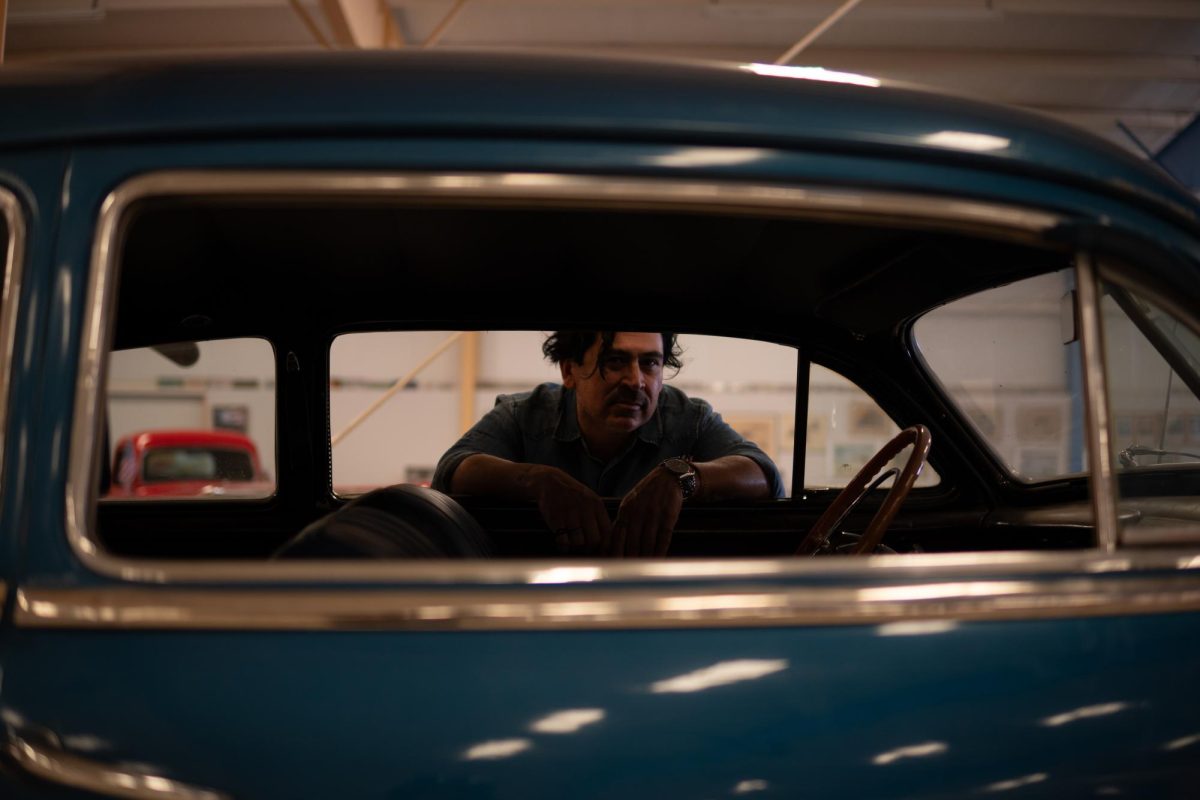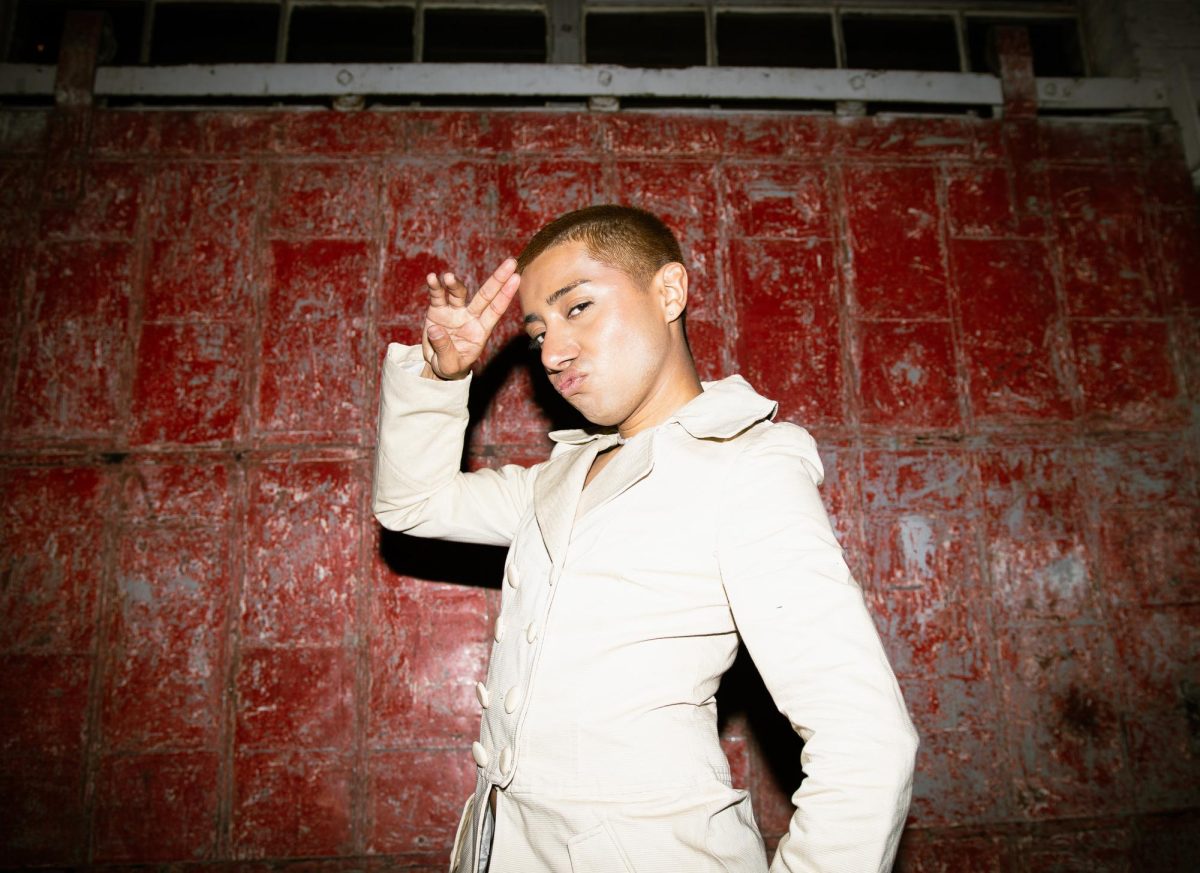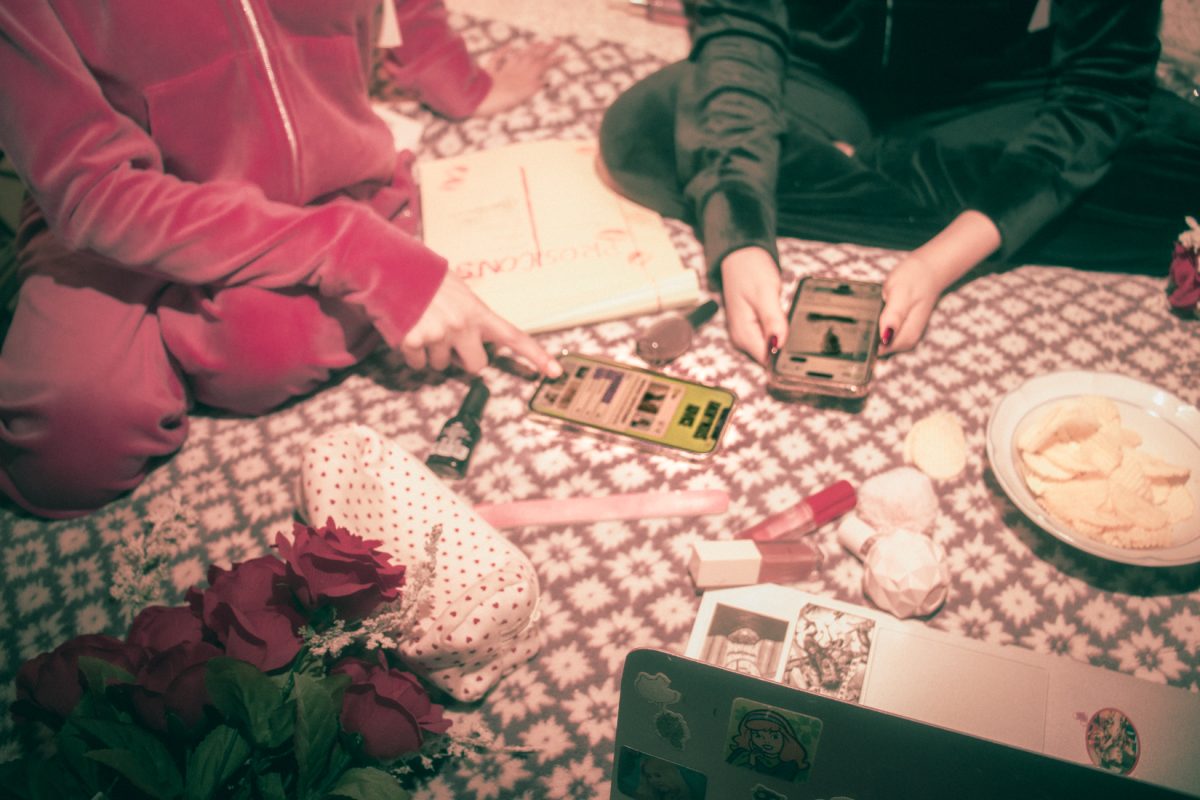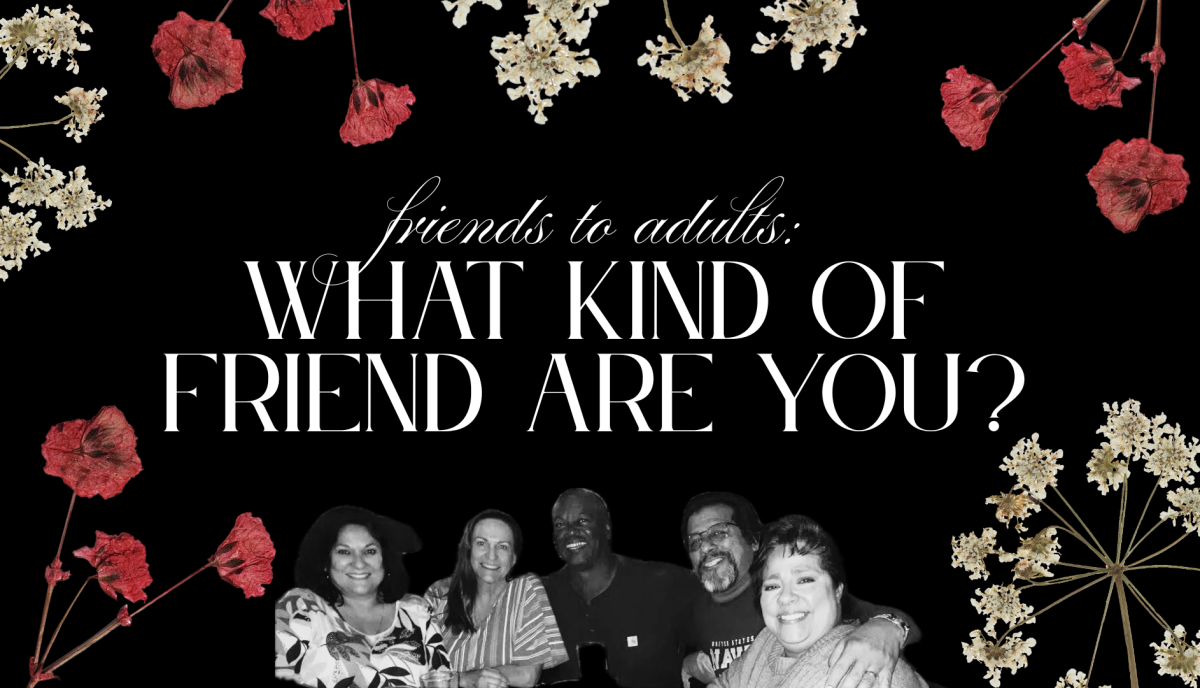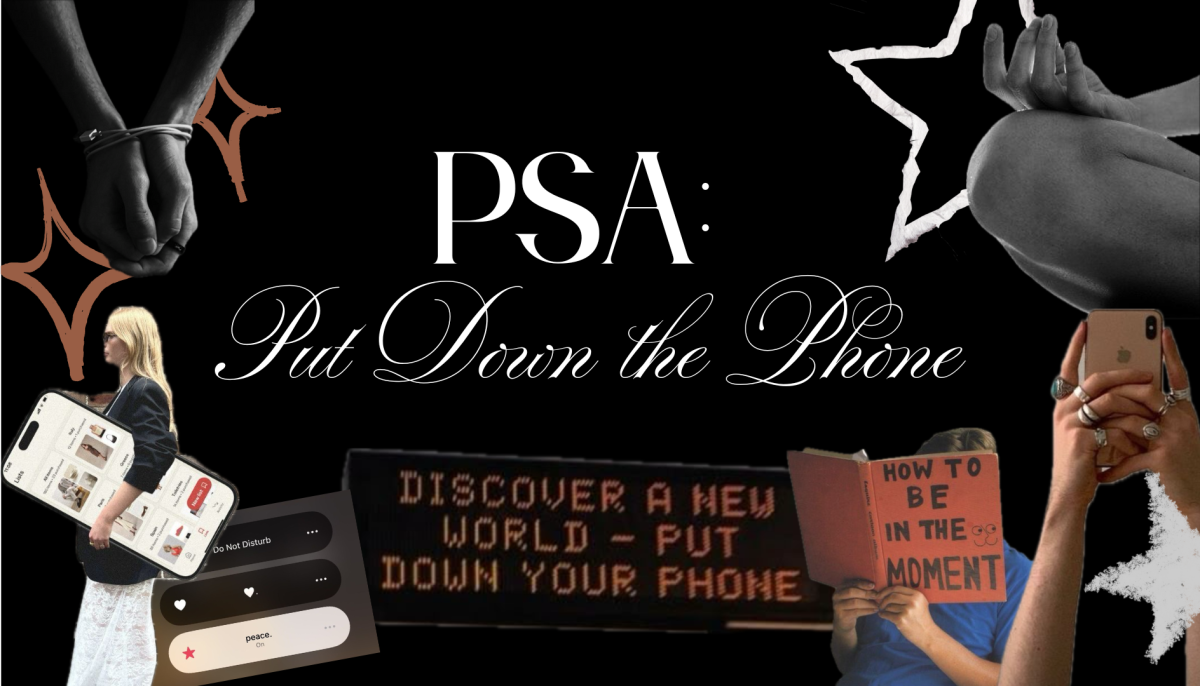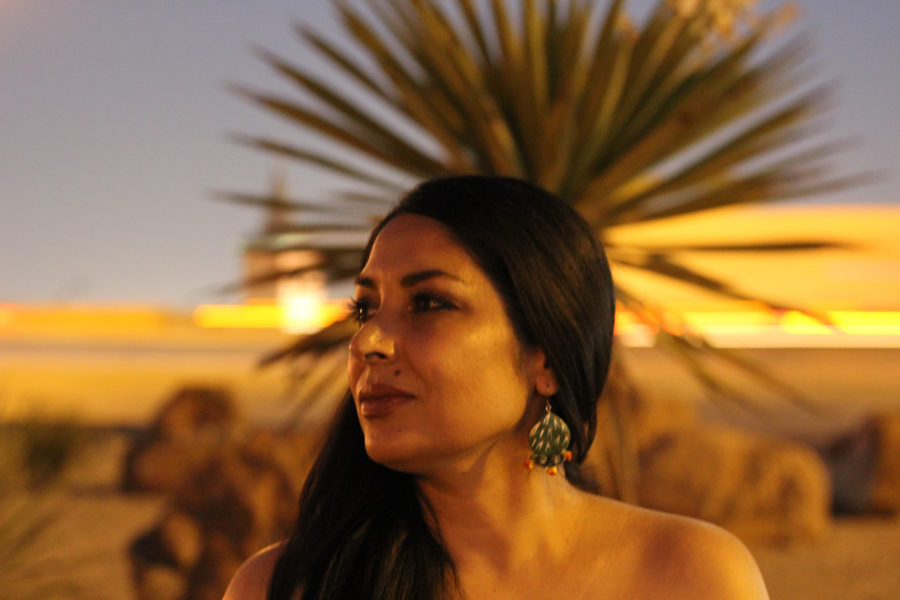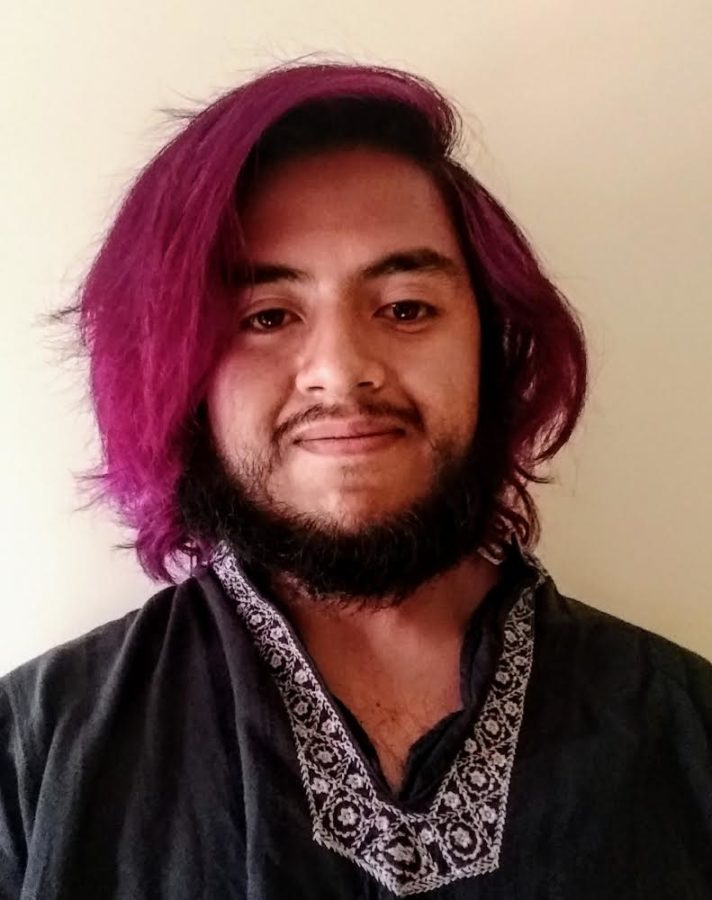Nationally, El Paso is often defined by its border headlines more than it is by its creative pulse. Headlines are inundated with the death toll of migrants, militarization of the border, and violence coming in from Mexico, that to outsiders, paints the city as a no man’s land.
However, this is just one side of the story.
Two emerging femme voices, Kyleen Salais and Jimena Esqueda, use their words to remind us that El Paso — continues to produce talent that echoes across the nation.
From the page to the mic, these Gen Z poets turn their vulnerabilities into spaces to confront, heal, and honor their truths; transforming their individual testimonies into a community act.
Kyleen Salais
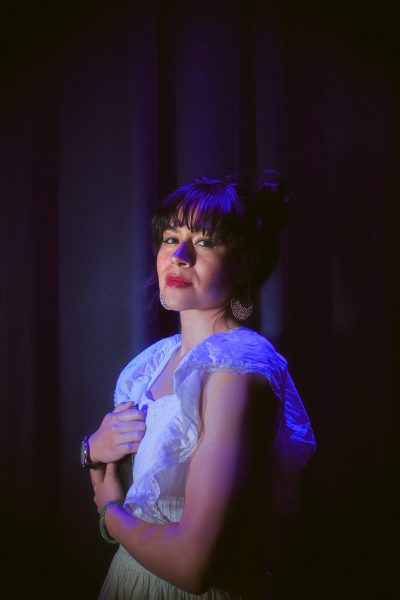
After her move to the U.S. from Juárez, it was Kyleen Salais’s first-grade English teacher that encouraged her to write daily, a practice that built Salais’s confidence in both speaking and writing in English.
By the time she entered middle school, writing became central to how Salais’s younger self found solace in a world that became heavy.
Scribbling across her pages— which she described as half stream of consciousness and half grasping for clarity in undefinable feelings— Salais began to find her voice.
Before entering college, Salais realized her writing deserved to live a life larger than inside the pages of her journals.
Through the encouragement of her teachers and peers, she began immersing herself in the poetry scene, attending workshops, participating in poetry competitions, and performing at open mic events.
Poetry, Salais says, became her lifeline and it remains her constant refuge — a space where she can give voice to the things that live closest to her heart: what it feels like to be a daughter of immigrants, what it means to carry the weight of generational trauma, and what it feels like to be a woman in a world where the course of your life is often drawn out for you.
As an outspoken child, Salais said that her parents encouraged her early on to pursue a career in the legal field. While she gravitated towards writing, she worried what its pursuit would mean for her in a society that often dismisses artistic professions as unstable.
“My mom really wanted me to become a lawyer,” Salais said. “I told myself; I’ll do it. But I wasn’t writing as much, and I realized I was keeping more to myself at the expense of not doing what I knew I needed to do.”
Despite her mother’s initial hopes for her, Salais’ drive and passion for writing spoke for itself, quickly turning her family into her number one advocates.
“I remember my mom cried when I read her my poem, On Impregnation,” Salais said.
The poem, a raw free-verse piece, explores the helplessness of womanhood — the weight of societal expectations and the haunting question: What if I pass this on to my daughter? Will she be doomed to the same fate?
“This whole journey, especially with the political climate right now, has made me feel helpless. So recently I’ve been writing a lot about that,” Salais said.
For Salais, poetry is not just about suffering, but it is also an opportunity to heal collectively.
“To be an artist, to be a poet,” she said. “You have to be an open wound sometimes. But that’s how we heal.”
Jimena Esqueda
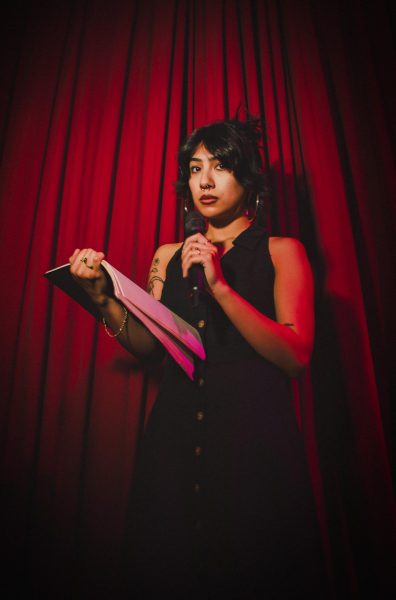
This willingness to be vulnerable and let the wounds heal and breathe in the open, pours over into the work of another El Paso writer, Jimena Esqueda. For the 22-year-old, poetry became more than just artistic expression; it became an act of reclaiming her narrative from the grips of childhood trauma.
“I want people to know that someone else in the universe has felt the same way as they have,” Esqueda says. “That no matter what happens, no matter how temporary pain or joy may be, we can live through it.”
Poetry became especially vital when Esqueda’s father passed away.
“I had to come to terms with the fact that although my dad wasn’t the best person, he was still my dad. So, a lot of my work has been yearning for what I could’ve had as a child and what I went through with my siblings,” she said.
As Esqueda’s writing continued, she discovered her true power in spoken word poetry, performing at her first open mic event in high school.
Esqueda’s voice – raw, electric, and unapologetic – found its identity at platforms like Barbed Wire Open Mics. One of her pieces, Feminine Rage // Gratitude, allows readers to be witness to her exploration of identity and healing through poetry.
Her work explores themes of memory, grief and love — her father who was both absent and present in her life, the landscapes that remind her of home, and moments with her girlfriend.
“There are stories from my childhood, things I went through, that I am still trying to come to terms with,” Esqueda said. “As I write more about them, I have control over them. The story doesn’t control me anymore. It’s my own narrative for once.”
Redefining the Frontera
“The appeal of something secret and something sacred is exactly what El Paso is,” Salais says. “Every time I think about leaving, I remember that.”
Through their words, Esqueda and Salais challenge the existing narratives of the Frontera. They remind us that El Paso — the liminal space between two sister nations, where languages dance between English and Spanish, and where art dismisses any man-drawn border — is not just a backdrop for sensationalist headlines, but fertile ground for artists who dare voice their truths.



